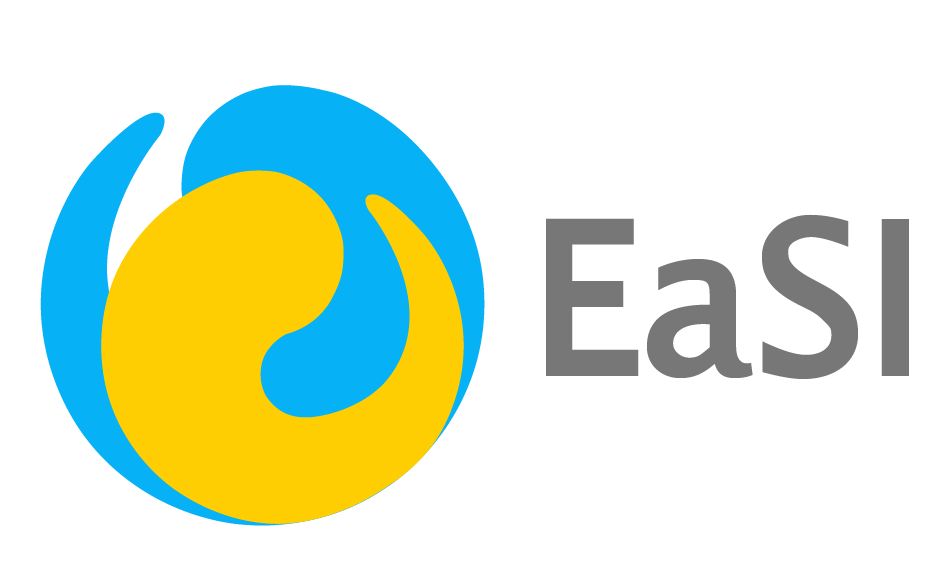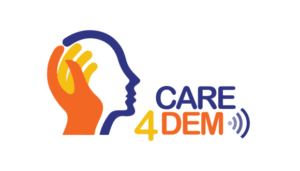CARE4DEM
Dementia Caregivers Support
Project description
The CARE4DEM Erasmus+ project aims to develop a new and innovative model of mutual aid groups which promotes caregivers’ involvement, by introducing web-based tools integrated with other types of intervention.
Its objectives are to:
• Enhance the carer’s satisfaction with care and reduce the risk of burn-out;
• Trigger the development of mutual aid groups for carers, building on facilitators’ training.
Expected outcomes of the project
Evidence review on web-based mutual aid groups
The purpose of this output is to provide a European study on the good practices and evidence on web-based mutual aid groups, involving not only the countries in the partnership, but trying to involve other countries to provide a wide scope study and research.
Web-based mutual aid groups model and implementation guide
This output intends to introduce a model to implement a web-based mutual aid group. It will produce not only a way to bring socially excluded caregivers into interaction with others, but will engage a commonly left out group into adult learning. It will include all information and tools required to allow other organizations and professionals to implement and test it.
Mutual aid groups facilitators’ profile and competences tool
This output will comprise of a battery of descriptors which compose an effective and successful facilitator, thus providing insight and awareness for areas for improvement. The profile and the list of competences will be transformed into an online self-assessment tool, which will provide faster and immediate results. The information collected from the profile will support the development of the training course, based on the assumption that the competences required in the profile are the learning outcomes of the training course.
B-learning Training Course for Mutual Aid Groups’ Facilitators
The main purpose of this output is to develop facilitators’ competences. We expect this training to be of added value for volunteers and professionals, who often have to juggle a multiplicity of commitments and don’t have the time to attend a face-to-face training. Indeed, blended learning allows to reduce the amount of face-to-face sessions and provides greater autonomy to learners, maximising their learning achievements.
The training course will use the methodology of ‘object-based learning’, thus allowing external stakeholders to use some of the learning materials in their own training courses, whether focusing on mutual aid groups for dementia caregivers or on other relevant topics.
Promoter
Anziani e Non Solo (ANS), Italy
Partners
Aproximar, Portugal
Caso 50+, Portugal
Eurocarers, Belgium
Instituto de Salud Carlos III, Spain
European Association for Social Innovation, Romania
Timeframe
01/09/2017 – 31/08/2020 (36 months)
More information at: http://www.eurocarers.org/care4dem/index

The European Commission support for the production of this publication does not constitute an endorsement of the contents which reflect the views only of the authors, and the Commission cannot be held responsible for any use which may be made of the information contained therein.

